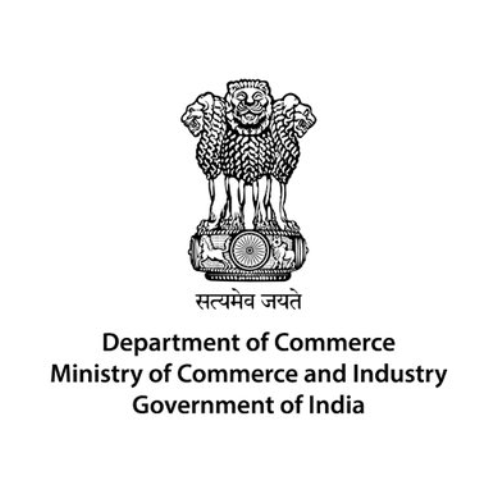DPIIT permits self-certification, third-party inspection, boilers certification
This will benefit a broad spectrum of industries both in the large and small scale sectors like power plants, chemical plants, refineries, paper plants, steel mills, sugar mills, and other process industries.

- Country:
- India
Department for Promotion of Industry and Internal Trade (DPIIT) has permitted self-certification and third-party inspection and certification of boilers with State Governments. Specimen notification under section-34(3) of the Boilers Act 1923 have been forwarded to them to ensure the safety of boilers and improve Ease of Doing Business (EoDB). This will benefit a broad spectrum of industries both in the large and small scale sectors like power plants, chemical plants, refineries, paper plants, steel mills, sugar mills, and other process industries.
Rules and regulations are already in place for third party inspection. This has resulted in a simplified and more accessible, user - friendly framework for the administration of the Boilers Act and has also protected manufacturers/users' interests without sacrificing the safety of boilers.
DPIIT has also taken a number of measures to simplify the procedure of inspection of boilers like eleven third party inspecting authorities have been recognized by the Central Boilers Board (CBB) to work in the country employing competent persons to carry out inspection of boilers and boiler components during manufacture and use, in addition to Chief Inspector/ Director of Boilers.
Independent Competent Persons have also been authorized to work in individual capacity under section-8 of the Boilers Act, for in-service inspection of boilers.
Simplified registration of boilers including a facility for on-line registration and prescribed time limits for all approvals/clearances under the Boilers Act/IBR has also been implemented.
Self-certification of Boilers has been implemented in Madhya Pradesh, Gujarat, Andhra Pradesh, Chhattisgarh, Daman & Diu, Dadra & Nagar Haveli, Haryana, Himachal Pradesh, Karnataka, Maharashtra, Nagaland, Odisha, Punjab, Goa, Jharkhand, Rajasthan, Telangana, Tripura, Uttar Pradesh, Uttarakhand and West Bengal.
National and Regional Level Boiler Workshops are continuously being conducted by DPIIT through the National Productivity Council (NPC) to apprise the owners of boilers and of the steps that may be taken to optimize the efficiency of boilers and to popularize the measures for energy conservation.
In the current year, nine workshops have been organized and another four workshops will be organized in the future. A 5th Examination was conducted through NPC in December 2018 for recognition of Competent Persons (CPs) for undertaking inspection of boilers. Passing certificates were issued to 61 candidates. 172 CPs have so far qualified for Inspection and Certification of Boilers, on the basis of the 5th examination. A 6th Examination is proposed to be conducted in February.
DPIIT is the Department responsible for the administration of the Boilers Act 1923. Boiler division is headed by the Technical Advisor (Boiler) and its functions are to advise the Central Government in all matters relating to the administration of the Boilers Act, 1923 and the Indian Boiler regulations that have been framed under the Act. It deals with matters on which direction is to be given to State Governments by the Central Government for carrying out the execution of the provisions of the Boilers Act, 1923. Apart from that it also deals with work relating to framing or amendment of regulations for laying down the standards for materials, design, and construction of boilers and also for regulating the inspection and examination of boilers. It also evaluates quality management systems and production facilities of various firms in India and foreign countries as Competent Authorities (CAs). Steelmakers, foundries, forges, tube and pipe makers and material testing laboratories make use of the CAs in order to cut down inspection delays and increased availability of boiler components without sacrificing safety and quality of boilers and its components.
The Boilers Act was enacted in 1923 to provide for the safety of life and property from the danger of explosion of boilers and for achieving uniformity in registration and inspection during operation and maintenance of boilers throughout the country. Up to the year 2007, there had been no major amendments to the Act. The Indian Boilers (Amendment) Act, 2007 introduced improvements in the provisions of the law to enhance safety norms to keep pace with developments and changes in the technology of fabrication, testing, inspection and operation of boilers and also ensure uniformity in standards of inspection, expediting inspection and reducing bureaucratic delays by decentralization of inspection of boilers during their manufacture, erection, and use by allowing inspection and certification by the independent inspecting authorities.
Secretary DPIIT is the Ex-Officio Chairman and Technical Advisor (Boilers) is the Ex-Officio Member Secretary of the Board.
(With Inputs from PIB)










